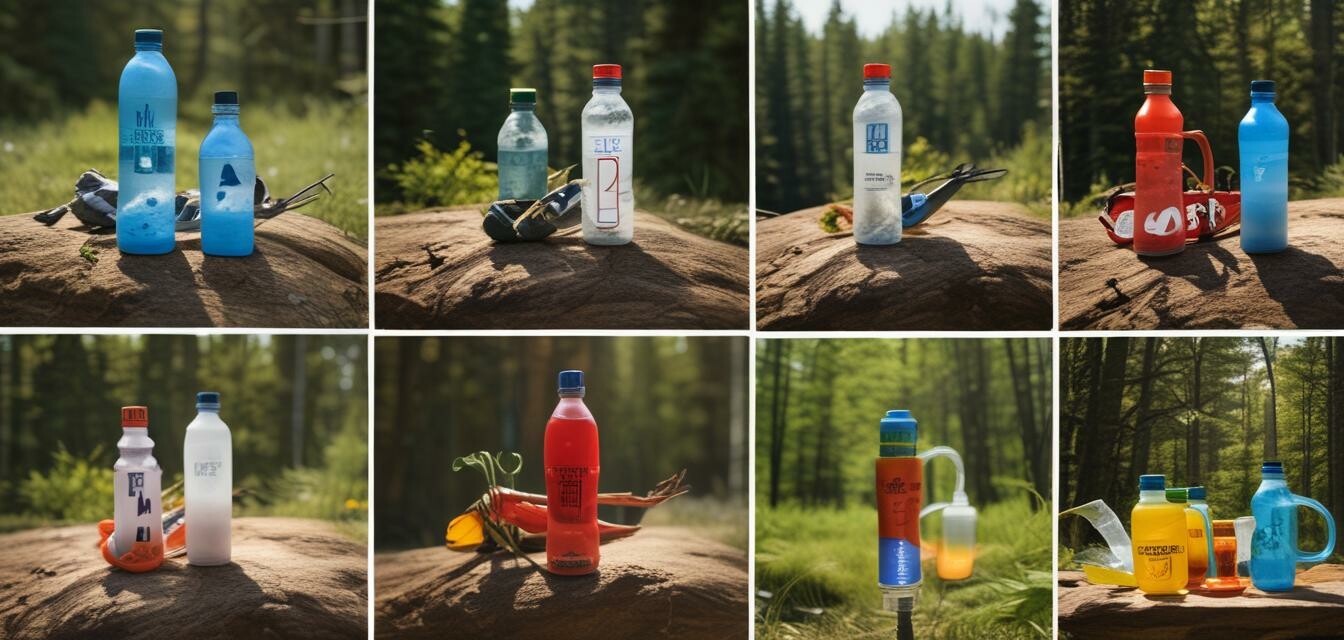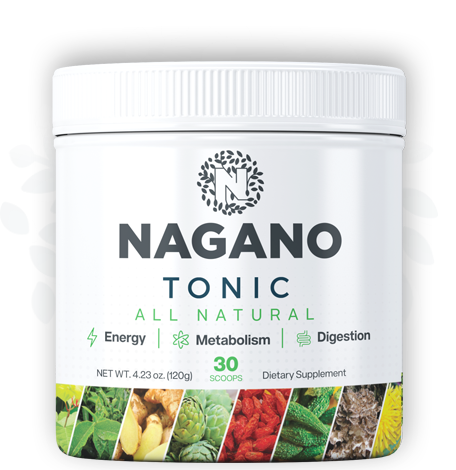
Hydration Strategies for Runners
Key Takeaways
- Understand your hydration needs based on distance and climate.
- Incorporate electrolyte-rich drinks during long runs.
- Monitor your body's signals for hydration.
- Develop a pre, during, and post-run hydration plan.
- Stay informed about products that support hydration, like supplements.
Proper hydration is crucial for runners looking to enhance performance and recover efficiently. In this comprehensive guide, we will delve into effective hydration strategies you can adopt to ensure that your body is properly fueled both during and after your runs.
The Importance of Hydration in Running
Hydration plays a pivotal role in running performance. Inadequate fluid intake can lead to fatigue, decreased endurance, and increased risk of injuries. Here are some of the main reasons why hydration is vital:
- Maintains body temperature.
- Delivers nutrients to cells.
- Prevents fatigue and muscle cramps.
- Aids in recovery post-exercise.
Hydration Needs for Runners
Your hydration needs will vary based on several factors, including the distance of your run, the climate, and your individual sweat rate. Here's a quick breakdown:
| Distance | Recommended Hydration |
|---|---|
| 5K (3.1 miles) | 8-10 ounces of water |
| 10K (6.2 miles) | 10-20 ounces of water |
| Half Marathon (13.1 miles) | 10-30 ounces of water and electrolytes |
| Marathon (26.2 miles) | At least 30 ounces of fluids and electrolytes |
Strategies for Effective Hydration
1. Pre-Run Hydration
Start hydrating before your run. Aim to drink:
- 8-16 ounces of water 1-2 hours before running.
- 4-8 ounces of water 20-30 minutes before your run.
2. During Your Run
Depending on the length of your run, consider the following:
- For runs less than an hour, water is typically sufficient.
- For longer runs, consider an electrolyte drink to replenish lost minerals. Check out the SaltStick Electrolyte Capsules.
3. Post-Run Hydration
After your run, focus on recovery:
- Drink 16-24 ounces of water for every pound lost during the run. Weigh yourself before and after to assess loss.
- Include a recovery drink that includes electrolytes and carbohydrates.
- Consider taking supplements like Mitochondrial Supplements which can support energy and recovery.
Monitoring Hydration
Be aware of your body’s signals. Thirst is a clear indicator, but also consider:
- Urine color: Light straw is ideal, while darker colors may mean you need more fluids.
- How you feel: Fatigue and dizziness can be signs of dehydration.
Tips for Staying Hydrated
- Always carry water on long runs.
- Use a hydration pack or belt for convenience.
- Experiment with different drinks and gels to find what works best for your stomach.
- Set reminders to drink if you're prone to forgetting.
Hydration Products for Runners
Incorporating products designed to support hydration can be beneficial. Below are some featured products:
SaltStick Electrolyte Capsules with Vitamin D
These capsules provide a fast-absorbing solution to replenish lost electrolytes during your runs, ensuring optimal performance.
Learn More2326 MG Mitochondrial Supplements
Designed to support energy management and recovery, perfect for runners needing an extra lift during training.
Learn MoreConclusion
In conclusion, maintaining proper hydration is essential for every runner. By following the strategies outlined above, you can enhance your performance and recovery, allowing you to enjoy your runs without compromising your health. Always remember to listen to your body and adjust your hydration strategies based on your individual needs.
Further Reading
If you're looking to expand your knowledge, check out our articles on Running Tips for Beginners and Nutrition for Runners to help you optimize your running experience.


